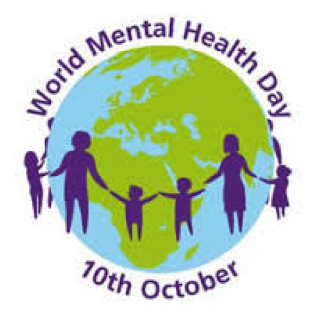 Today, 10th October, is World Mental Health Day. A day when we are encouraged to think about our own mental health, as well as others, to raise awareness of the issues faced around the world in an effort to increase the support given to those in need.
Today, 10th October, is World Mental Health Day. A day when we are encouraged to think about our own mental health, as well as others, to raise awareness of the issues faced around the world in an effort to increase the support given to those in need.
As we go through various stages of life we are exposed to different stresses and strains, relationship problems, financial concerns and of course the trials and tribulations associated with trying for a baby, pregnancy and finally parenthood.
This is why the team at RDM would like to play their part in raising awareness of the types of mental health concerns our community may experience. Over the next few days we will be posting some facts and figures, providing links and contact details of organisations where you can get further information and four RDMs share their personal stories of mental health issues.
We’d like to thank the four RDMs that have been brave enough to share their experiences; unfortunately the stigma around mental health is often such a barrier to individuals seeking the help they need but we must understand how early identification of any illness will have an impact on how quickly it can be resolved.
PANDA (Perinatal Anxiety and Depression Australia) says that too many Australians are not reaching out for help and it is critical they get quality information as figures show 1 in 7 new mothers and 1 in 10 new fathers experience postnatal depression.
The important thing is to talk about it and to keep on talking….
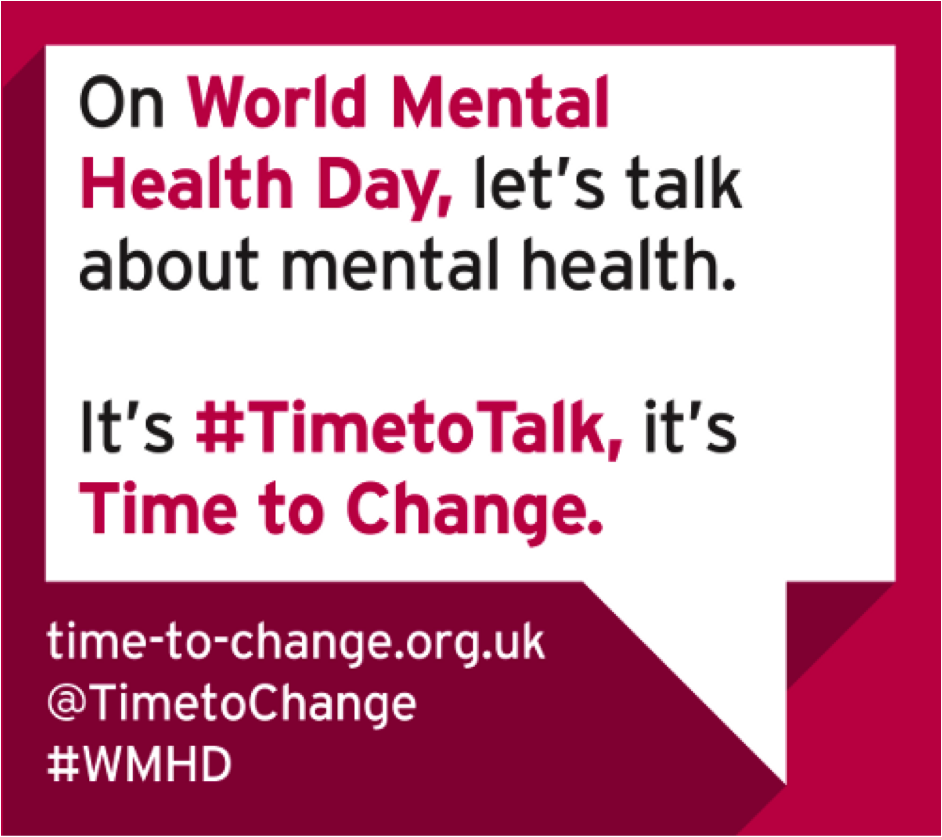
What is depression?
“Depression is more than just a low mood – it’s a serious condition that affects your physical and mental health”. (Source: BeyondBlue).
What causes depression?
A number of things have been linked to the development of depression but no one truly knows what causes it. Things that might have an impact include;
- Life events;
- Personal factors; and
- Changes in the brain.
What is anxiety?
“Anxiety is more than just feeling stressed or worried. While stress and anxious feelings are a common response to a situation where we feel under pressure, they usually pass once the stressful situation has passed.
Anxiety is when these anxious feelings don’t subside – when they’re ongoing and exist without any particular reason or cause. It’s a serious condition that makes it hard to cope with daily life. Everyone feels anxious from time to time, but for someone experiencing anxiety, these feelings can’t be easily controlled” (Source: BeyondBlue).
What causes anxiety?
Whilst there is no single cause for anxiety, there are a number of risk factors that may contribute to a person suffering, including;
- Family history of mental health problems;
- Personality factors;
- Ongoing stressful events;
- Physical health problems;
- Other mental health problems; and
- Drug and alcohol use.
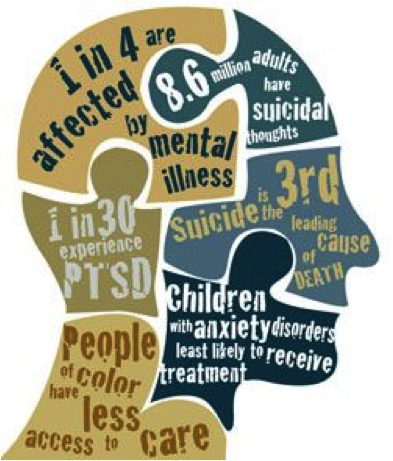
Worried you have anxiety of depression?
Here are some classic symptoms identified by PANDA, normally in combination, and which can vary in severity, intensity and extent to which they interfere with normal functioning from individual to individual.
- Panic attacks (a racing heart, palpitations, shortness of breath, shaking or feeling physically ‘detached’ from your surroundings);
- Persistent, generalised worry, often focused on fears for the health or wellbeing of baby;
- The development of obsessive or compulsive behaviours;
- Increased sensitivity to noise or touch;
- Changes in appetite: under or overeating;
- Sleep problems unrelated to the baby’s needs;
- Extreme lethargy: a feeling of being physically or emotionally overwhelmed and unable to cope with the demands of chores and looking after baby;
- Memory problems or loss of concentration (‘brain fog’);
- Loss of confidence and lowered self-esteem;
- Constant sadness or crying;
- Withdrawal from friends and family;
- Fear of being alone with baby;
- Intrusive thoughts of harm to yourself or baby;
- Irritability and/or anger;
- Increased alcohol or drug use;
- Loss of interest in sex or previously enjoyed activities; and
- Thoughts of death or suicide.
Some women sum it all up by saying “There is no joy in anything anymore“, and “I feel like I have lost myself“. (Source: PANDA)
You can also complete the BeyondBlue Anxiety and Depression Checklist https://www.beyondblue.org.au/the-facts/anxiety-and-depression-checklist-k10 which will give you measure as to whether you may have been affected by depression and anxiety over during the past four weeks. It provides an indication of whether you fall into the low, medium or high range – high being more likely to have experienced depression and anxiety.
There is also one specifically for mums – https://healthyfamilies.beyondblue.org.au/pregnancy-and-new-parents/maternal-mental-health-and-wellbeing/mental-health-checklist-for-mums
Where to go for help:
- Your GP
- Your Childhood Health Nurse
- Perinatal Anxiety and Depression Australia
- http://www.panda.org.au/
- 1300 726 306 (Mon – Fri, 10am – 5pm)
- Beyond Blue
- https://www.beyondblue.org.au/
- 1300 22 4636
- NSW Health
- http://www.health.nsw.gov.au/mentalhealth/pages/default.aspx
- Mental Health Line (24 hour) – 1800 011 511
There are also numerous national helplines and websites:
- Black Dog Institute
- Carers Australia
- http://www.carersaustralia.com.au/
- 1800 242 636
- Headspace
- https://headspace.org.au/
- 1800 650 890
- Kids Helpline
- https://kidshelpline.com.au/
- 1800 55 1800
- MensLine Australia
- http://www.mensline.org.au/
- 1300 78 99 78
- Mindhealthconnect
- MindSpot Clinic
- https://mindspot.org.au/
- 1800 61 44 34
- Relationships Australia
- http://www.relationships.org.au/
- 1300 364 277
- SANE Australia
- https://www.sane.org/
- 1800 18 7263
- Support after Suicide
- QLife
- https://qlife.org.au/
- 1800 184 527
- National Aboriginal Community Controlled Health Organisation (NACCHO)











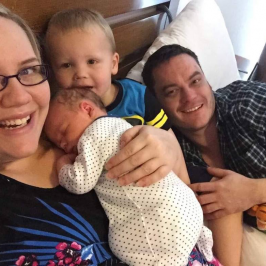
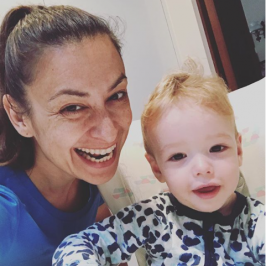


Leave a Reply